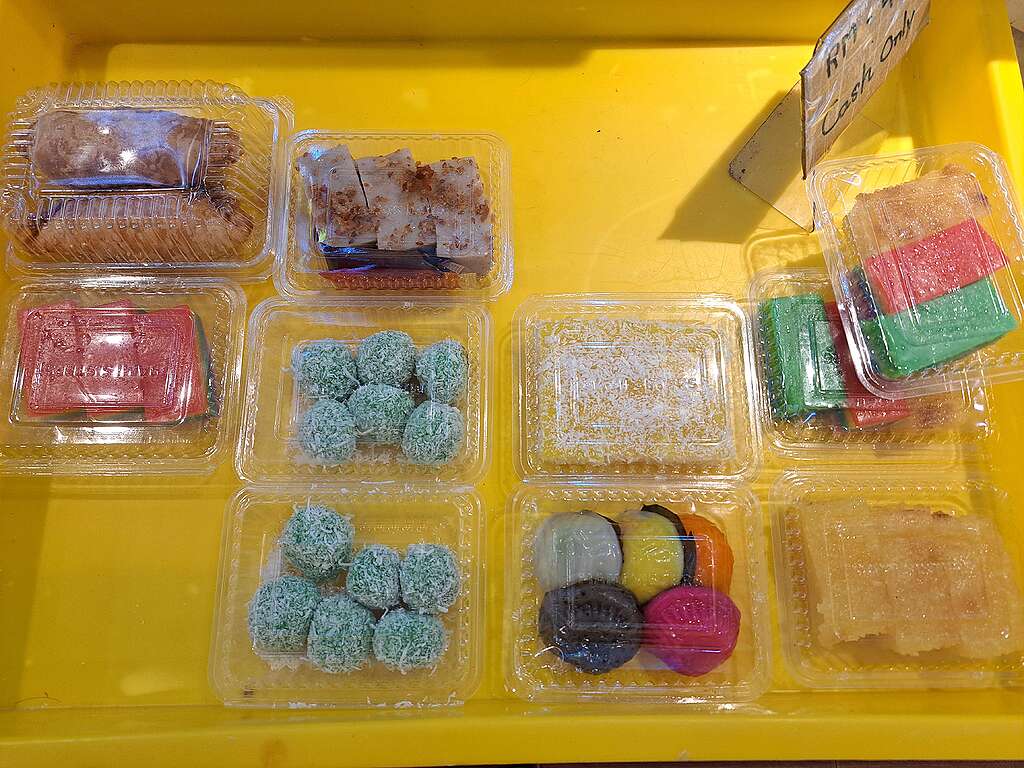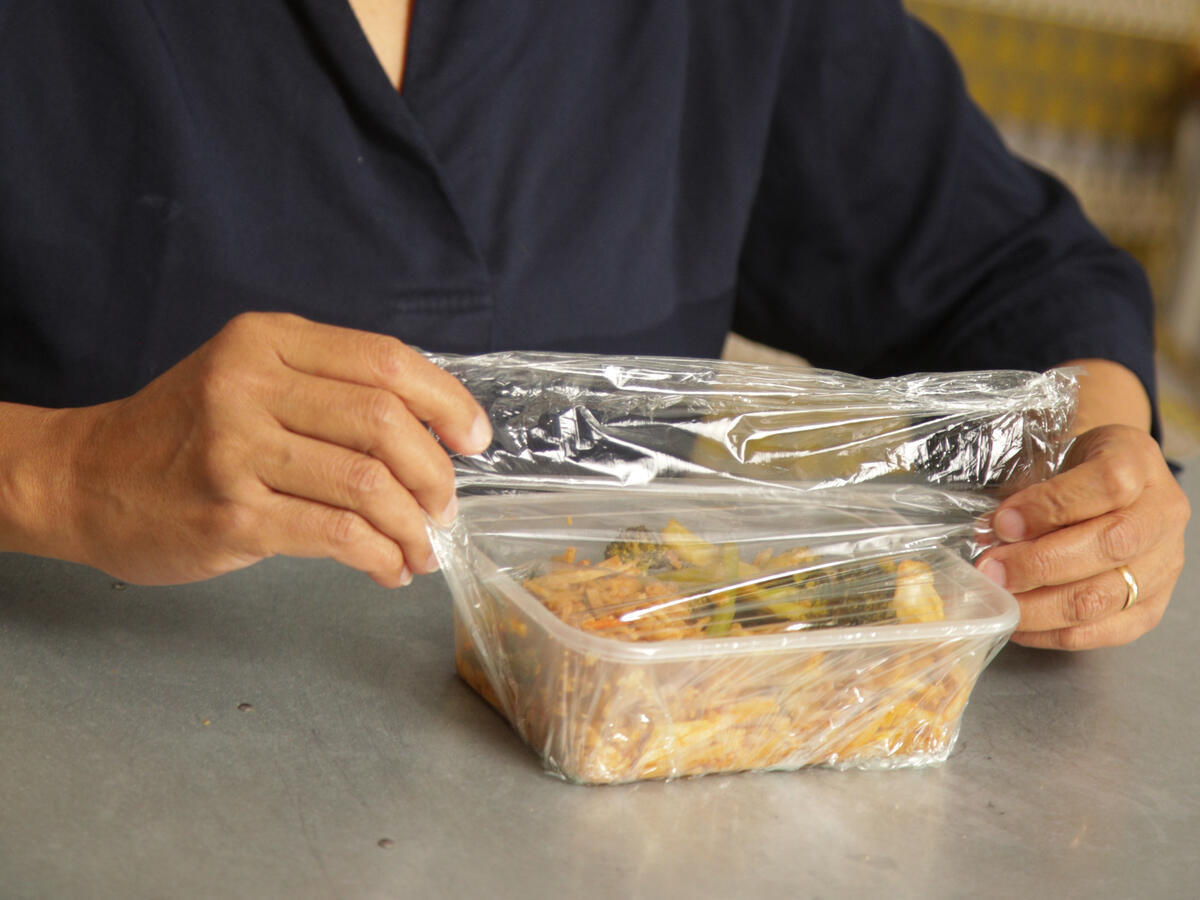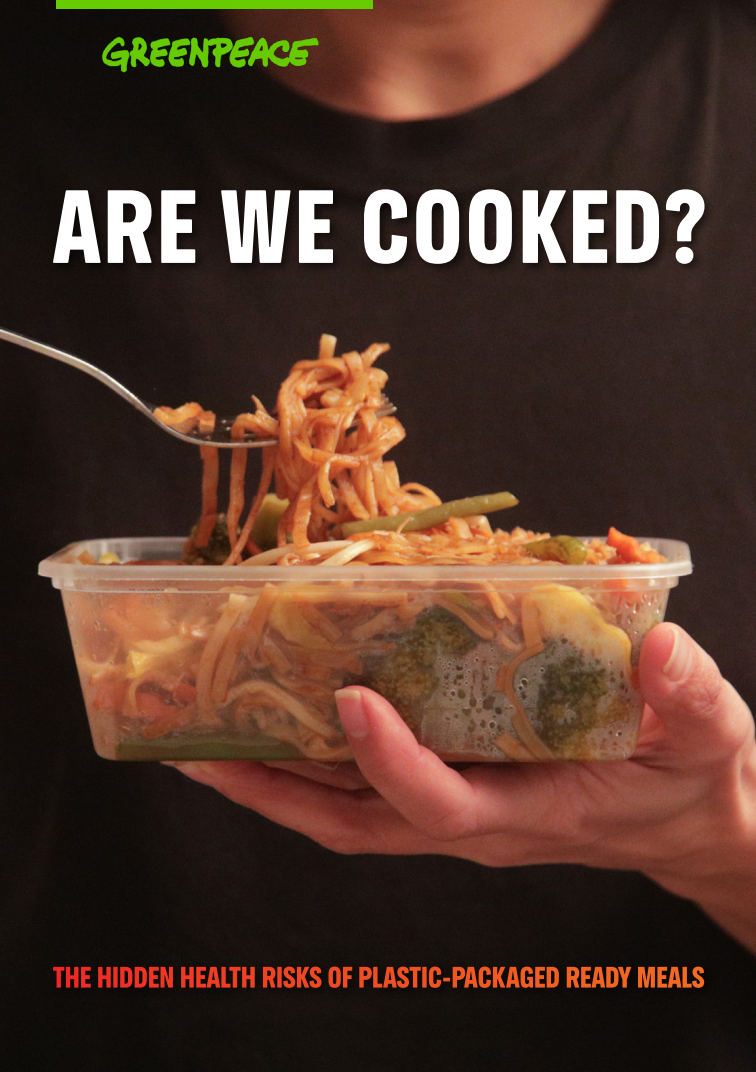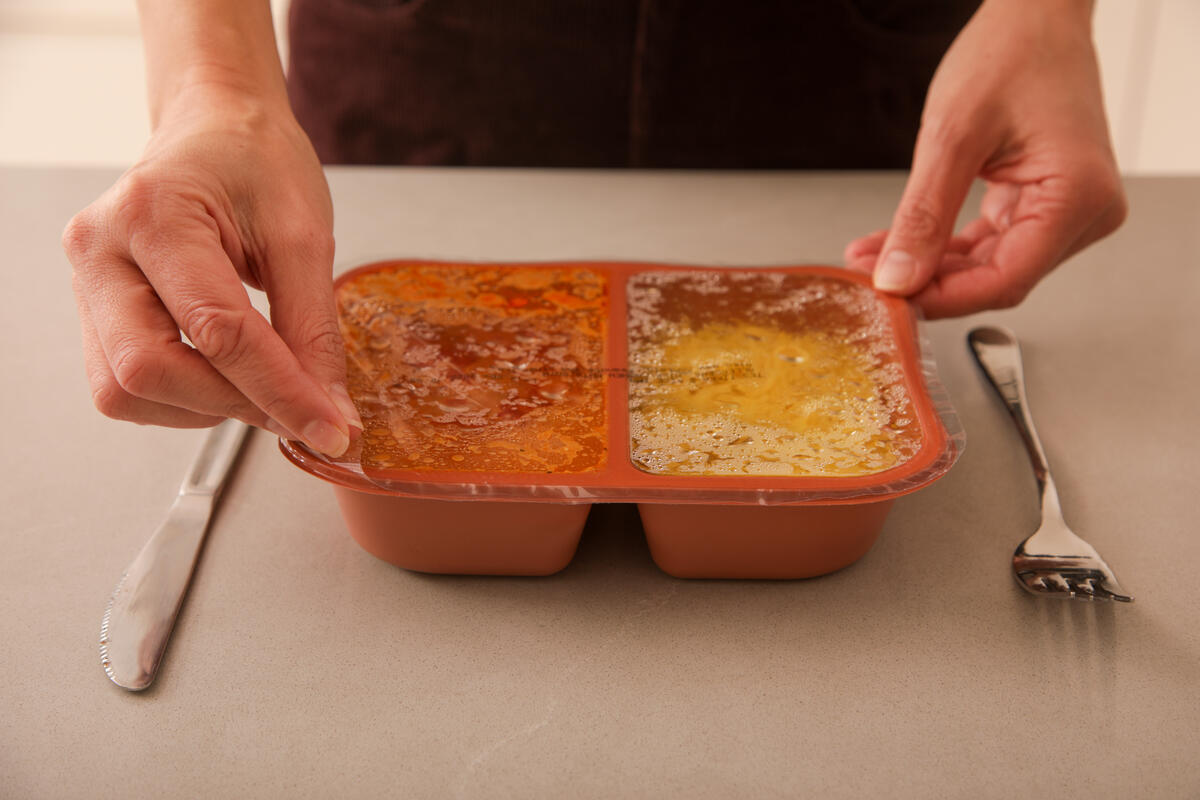Nyonya kuih used to be my favourite food, but I haven’t bought Nyonya kuih in years — not because I don’t love it, but because it almost always comes wrapped in Type 6 plastic nowadays, even in the dine-in kopitiam.

For those unfamiliar, Type 6 (polystyrene) is one of the worst kinds of plastic: hard to recycle, non-biodegradable, and harmful to both health and the environment.
In Malaysia, only a few plastic types are “somewhat” recyclable — like Type 1 (used in beverage bottles), Type 2 (detergent bottles), and Type 5 (common in bubble tea packaging and tapao packed food).
At least with those, I can clean and downcycle them when I am unable to avoid them. But when kuih comes in Type 6, there are no alternatives. No reuse. No recycling. No redemption.
The more I learn about the power dynamics between governments, oil giants, and plastic producers, the more I see how our so-called “freedom of choice” is an illusion. The system is designed to make it nearly impossible to live a single day without plastic — and the burden falls on ordinary people.
I remember talking to an Indigenous community who depends on bottled water, simply because they don’t have access to clean water — and who have no choice but to burn plastic waste, since there is no waste collection service in their area.
When I explained why burning plastic waste is dangerous — to our bodies and to nature — they became frustrated and asked a question that still echoes in my mind:
“Who allowed this plastic to be produced in the first place?”
That moment hit hard. It revealed a clarity I rarely hear in urban spaces.
Indigenous communities — often marginalised — are also the ones who most clearly recognize the violence of single-use plastics.
If you’ve ever asked the same question — or if you’re ready to take action — sign the petition calling for 75% reduction in production by 2040 globally through a strong Global Plastics Treaty that puts people and planet, before profit.
Let’s end the age of plastic. Not just for ourselves — but for the generations to come.




